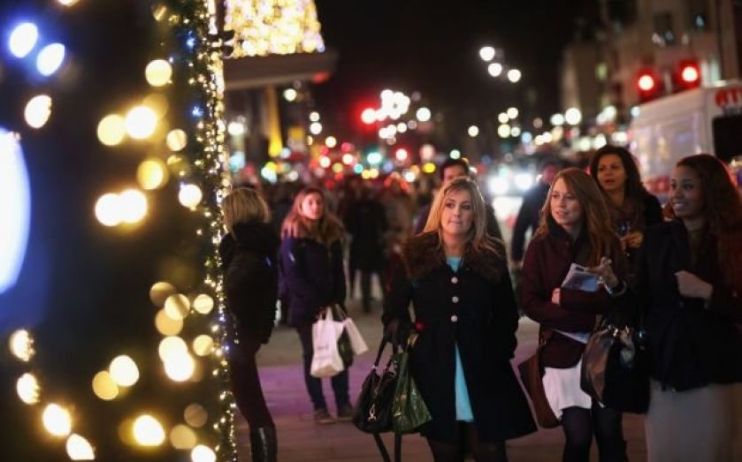Soaring fuel and clothes prices push inflation to 5.1 per cent, its highest level in a decade

Skyrocketing prices in transport and retail have pushed inflation to its highest level for a decade piling pressure on the UK’s central bank to hike interest rates.
Inflation jumped to 5.1 per cent in November, up from 4.2 per cent in October, and well over double a Bank of England target to keep inflation at two per cent. Inflation is well ahead of expectations of 4.7 per cent and has hit its highest level since September 2011 when it stood at 5.2 per cent.
Transport costs were the largest driver behind inflation as fuel costs skyrocketed. Customers were also hit with large price tags for footwear and clothing.
Grant Fitzner, chief economist at the Office for National Statistics, said: “a wide range of price rises contributed to another steep rise in inflation, which now stands at its highest rate for over a decade.
“The price of fuel increased notably, pushing average petrol prices higher than we have seen before. Clothing costs – which increased after falling this time last year – along with price rises for food, second-hand cars and increased tobacco duty all helped drive up inflation this month,” he continued, noting that the costs of goods produced by factories and the price of raw materials have increased to their highest rate in 12 years.
The central bank yesterday came under fire from the IMF which urged a hike in interest rates in order to soothe runaway inflation. While the new Omicron variant is adding to uncertainty the international monetary fund warned the Old Lady not to fall prey to “inaction bias.”
Rising retail prices come at a time when Brits are also being hammered by record energy costs. Martin Beck, the chief economic advisor to the EY ITEM club said he expects prices to rise still higher in the short term.
“The EY ITEM Club expects inflation to remain at, or slightly above, current rates for the next few months. The CPI measure is then likely to briefly move higher next April, when the next rise in the energy price cap and the restoration of the VAT rate to 20 per cent for the hospitality sector affect the index,” said Beck, adding that prices could fall well below the two per cent target during 2023.
Ed Monk, associate director at Fidelity International commented, “reports of a record number of manufacturers hiking prices this past week suggests the squeeze on households has much further to go.
“The Bank of England is currently caught between its two primary functions – controlling inflation and ensuring financial stability…. The problem is that there is clearly a concern that the economy is too weak to withstand any increase in borrowing costs,” Monk added, noting that the central bank is expected to keep interest rates at their record low level of 0.1 per cent in tomorrow’s upcoming spending announcement.
Read more: IMF takes swipe at Bank of England over rate inertia amid soaring inflation